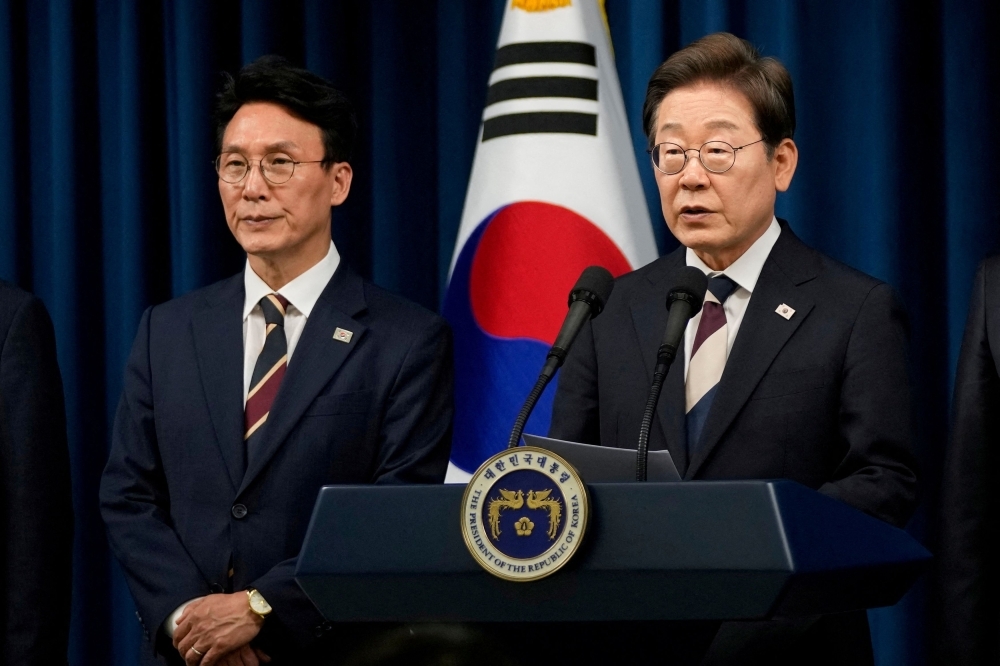WASHINGTON, Sept 7 —
In a deeply unsettling turn of events, President Donald Trump has drawn sharp criticism and nationwide outrage after threatening what many see as a declaration of war — not against a foreign adversary, but against the American city of Chicago.
His message, posted on his social media platform Truth Social, was both cryptic and chilling:
“Chicago about to find out why it’s called the Department of WAR.”
This follows Trump’s recent executive order to rename the Department of Defense to the Department of War, a move he claims signals “a message of victory” to the world. For many Americans, however, the signal is far from one of strength — it’s a warning flare of authoritarian overreach.
A City Under Threat?
Trump’s post ignited an immediate backlash, especially from Illinois Governor JB Pritzker, who did not mince words:
“The President of the United States is threatening to go to war with an American city. This is not a joke. This is not normal.”
He added, “Illinois won’t be intimidated by a wannabe dictator.”
The message was accompanied by an AI-generated image of Trump with the disturbing caption:
“I love the smell of deportations in the morning,”
a twisted play on the infamous line from the war film Apocalypse Now. The original quote referenced napalm. Trump’s version? Deportations.
On the Ground: Anger, Fear, and Resistance
In response, thousands of anti-Trump protesters flooded the streets of Chicago, many carrying signs that screamed:
“Stop this fascist regime!”
“No Trump, no troops!”
As the peaceful protest made its way past Trump Tower, demonstrators made their feelings visible, raising fists and holding up defiant signs. Meanwhile, in Washington D.C., thousands more gathered, waving inverted American flags — a traditional symbol of distress — as they passed national monuments under the watch of National Guard troops.
This growing movement is not isolated. Since June, Trump has been deploying federal agents and troops to Democratic-led cities, starting with Los Angeles, then Washington D.C., and now Chicago. He has also publicly targeted Baltimore and New Orleans as potential next cities for what critics are calling “militarized takeovers.”
Local leaders in Los Angeles have decried the tactics being used — from unmarked vehicles to masked agents detaining civilians without warrants.
Democracy at a Crossroads
What started as political posturing is now evolving into a full-scale national debate about democracy, power, and the role of federal forces in American cities. With the 2024 elections approaching, Trump’s latest moves feel less like policy and more like provocation.
But the resistance is growing. Americans — from city streets to statehouses — are standing up, speaking out, and demanding accountability.
Because this isn’t just about Chicago anymore.
It’s about who we are as a nation — and what we’re willing to tolerate in the name of politics.




